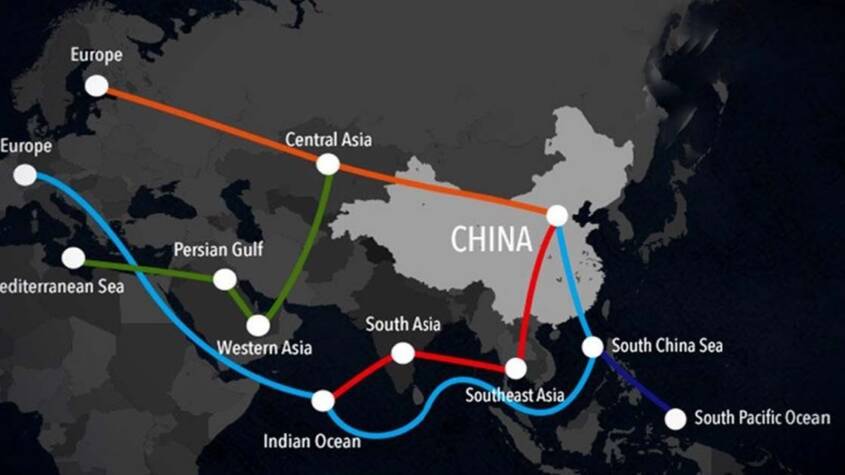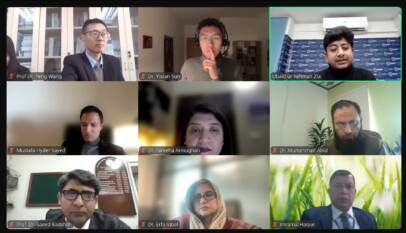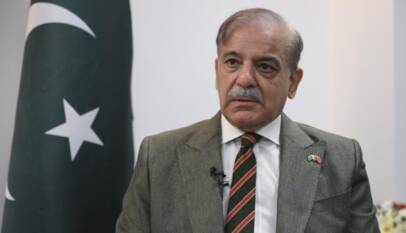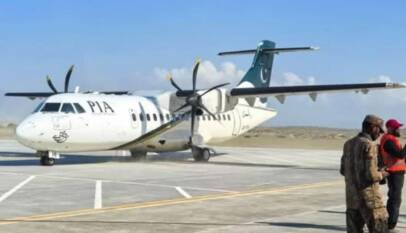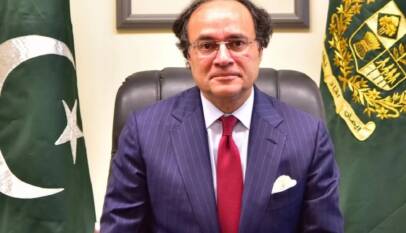Thanks to BRI, Pakistan emerges as a pivot to regional connectivity
As Pakistan-China alliance solidifies, Islamabad continues to be a part of the BRI and Russia’s Greater Eurasian Partnership for greater integration and creating trading partners. Experts believe that Pakistan, China and Russia are working for the creation of a New World Order under which they will work for greater connectivity and prosperity of the region. However, Western countries like the US and regional elements are leading an anti-China campaign to malign Pakistan-China relationship, which marks 70 years of successful bilateral relations. Despite this, Pakistan and China move forward under the BRI as a platform for 140 countries.
The Dasu attack is a tragedy of innocent lives and exposes that a hybrid war by those opposing China-Pakistan cooperation (CPEC) will continue.
According political analysts, the attack which killed nine Chinese nationals and two Pakistani soldiers had several aims; to weaken China’s confidence in Pakistan and target the extensive progress made in CPEC projects. It was also meant to affirm the uncorroborated allegations made by the US and its ally Prime Minister Modi against Pakistan as a ‘terrorist state.’ However, China is well versed at some countries’ orchestrated misinformation campaigns.
The attack occurred just a week after Prime Minister Imran Khan visited Gwadar Port, an important project of China-Pakistan cooperation. Imran Khan at the occasion guaranteed Chinese workers and investors that Pakistan will do everything to facilitate the smooth functioning of CPEC projects.
He visited the Gwadar International Airport, which is near completion and will become an international hub with a capacity to cater for large aircrafts and huge numbers of passengers, as well as a cargo terminal. He also inaugurated Gwadar Free Zone (Phase Two), the Gwadar Expo Centre and the 1.2 million gallons per day desalination plant solar generators.
Chinese Ambassador to Pakistan Nong Rong and Ambassadors of the UAE and Saudi Arabia alongside CEOs of leading Chinese conglomerates also attended.
The attack also came at a time when India and the US are failing to gather allies against China and Pakistan. There are already 140 countries and organisations that have joined BRI and signed the Memorandum of Understanding (MoU).
Pakistan-China alliance has solidified, and Islamabad’s multi-polar grand strategy is in line with the aspirations of the BRI and Russia’s Greater Eurasian Partnership, which mainly involves integration and creating trading partners.
Beijing is concerned to maintain peaceful conditions which are the basis for development. Therefore, after the US’s withdrawal it called for the establishment of a trilateral mechanism, with Beijing and Kabul joining for dialogue and looking for a solution to security concerns. It was Islamabad that facilitated Beijing and Moscow’s dialogue with the Taliban.
The Taliban has indicated positively to cooperate and participate in the trans-Afghan connectivity corridors through PAKAFUZ, and work towards bringing prosperity to the region.
A Bloomberg article by Booby Ghosh predicts the country will “slip back into an all-out civil war” disrupting “China’s connectivity interests in the country” and BRI projects. The article doesn’t highlight the reality facing the US and ignores the growing influence of China, Pakistan and Russia who are offering the Central Asia region an alternative based on building infrastructure, trade routes and development, as opposed to US’s relentless wars. Pakistan, a nation maligned for decades as a “failed state” is today standing with China, Russia, Iran, and Central Asia Republics on the verge of the New World Order, which is based on cooperation and economic regional connectivity.
Experts highlight green SEZs under CPEC for sustainable development
ISLAMABAD – The experts on Monday emphasised the significance of enhanced collabor…



